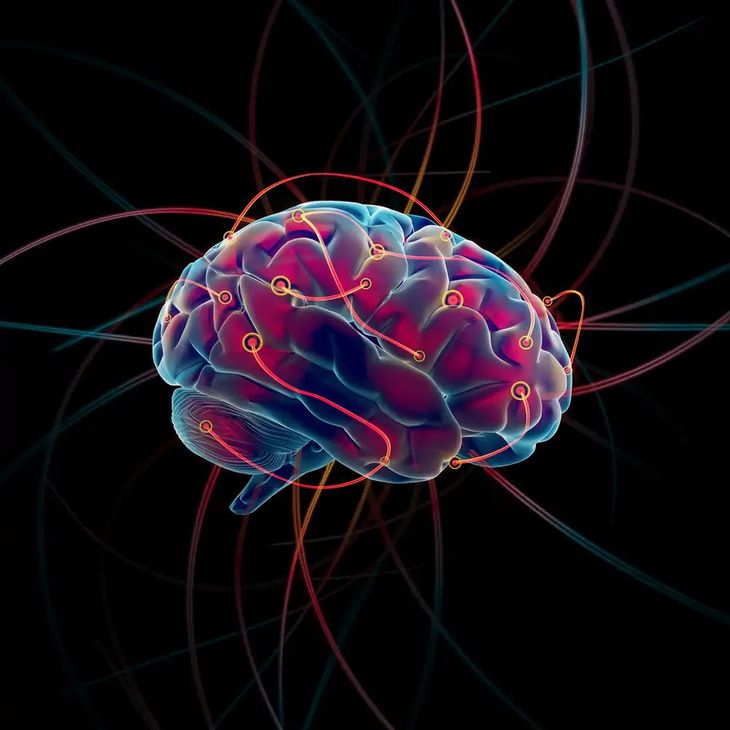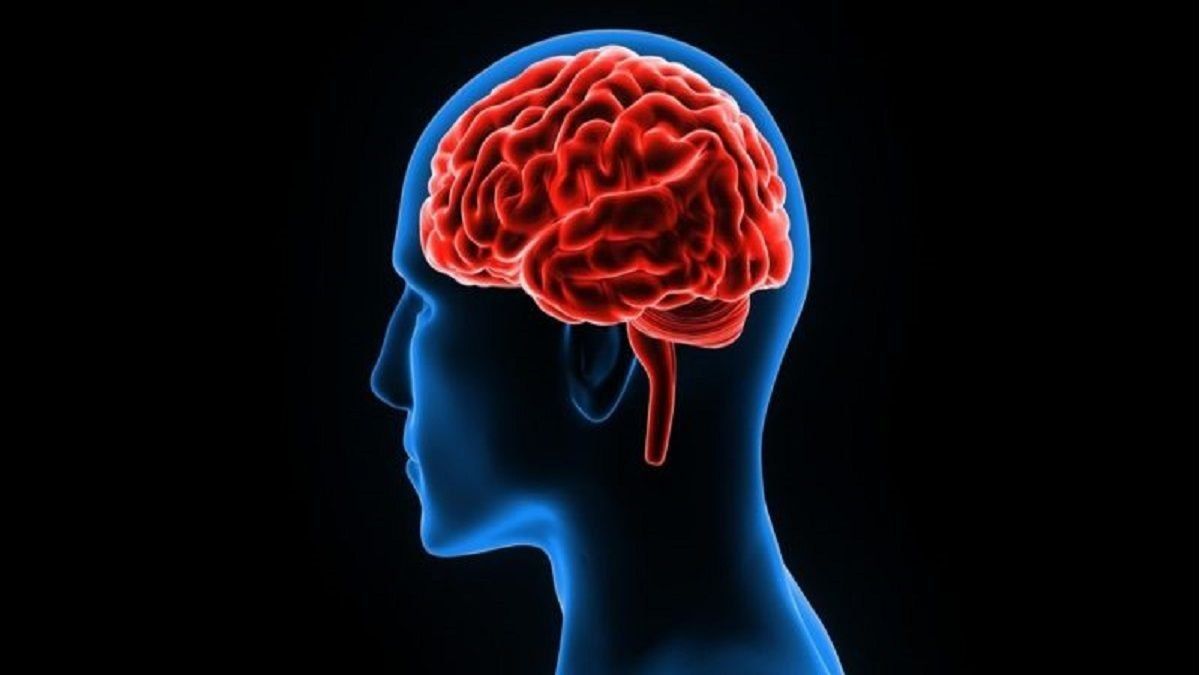The impact on the brain of emotions
Over the past 20 years, neuroscientists have observed how the brain reacts to emotions. “We are beginning to understand what happens at the moment of perception of an emotional stimulus”, explains the Olga Klimeckiresearcher of Swiss Center for Affective Sciences of UNIGE and the Deutsches Zentrum für Neurodegenerative Erkrankungenlast author of this study carried out as part of a European research project co-directed by the UNIGE.
On the other hand, the specialist added: “However, what happens next remains a mystery. How does the brain change from one emotion to another? How does it return to its initial state? Does emotional variability change with age? Which What are the consequences for the brain of a mismanagement of emotions?
brain-foto5.jpg
The psychology performed previous studies which showed that the ability to change emotions quickly is beneficial for the mental health. On the contrary, people who they cannot regulate their emotions and stay in the same emotional state for a long time are at higher risk of depression.
“Our objective was to determine what brain trace remains after viewing emotional scenes, to assess the brain’s reaction and, above all, its recovery mechanisms. We focus on older adults, to identify possible differences between normal and pathological aging “, He says Patrick Vuilleumierprofessor of the Department of Basic Neurosciences of the Faculty of Medicine and of the Swiss Center for Affective Sciences of UNIGE, co-director of the work.
The difference between each brain
“Older people generally show a different pattern of brain activity and connectivity than younger people,” he explains. Sebastian Baez Lugoresearcher in the laboratory of Patrik Vuilleumier and first author of the paper.
“This is particularly noticeable at the activation level of the default mode network, a brain network that is highly activated in a resting state. Its activity is frequently interrupted by the depression or anxietywhich suggests that she is involved in the emotion regulation. In the older adultsPart of this network, the posterior cingulate cortex, which processes autobiographical memory, shows increased connections to the amygdala, which processes important emotional stimuli. These connections are stronger in subjects with high scores for anxiety, rumination, or negative thinking,” he adds.
brain-photo.jpg

Nevertheless, older people tend to regulate their emotions better than younger people and focus more easily on details positive, even during a negative event. But changes in the connectivity between the posterior cingulate cortex and the amygdala could indicate a deviation from the normal aging phenomenon, accentuated in people prone to anxiety or negative thoughts. The cingulate cortex posterior is one of the regions most affected by the dementiawhich implies that the presence of these symptoms could increase the risk of neurodegenerative disease.
Sebastian Baez Lugo maintains that the hypothesis “is that the more anxious people would not have or would have less capacity for emotional distancing. The mechanism of inertia emotional in the context of aging It would then be explained by the fact that the brains of these people remain ‘frozen’ in a negative state by relating the suffering of others to their own emotional memories.”
Source: Ambito
I am an author and journalist who has worked in the entertainment industry for over a decade. I currently work as a news editor at a major news website, and my focus is on covering the latest trends in entertainment. I also write occasional pieces for other outlets, and have authored two books about the entertainment industry.




